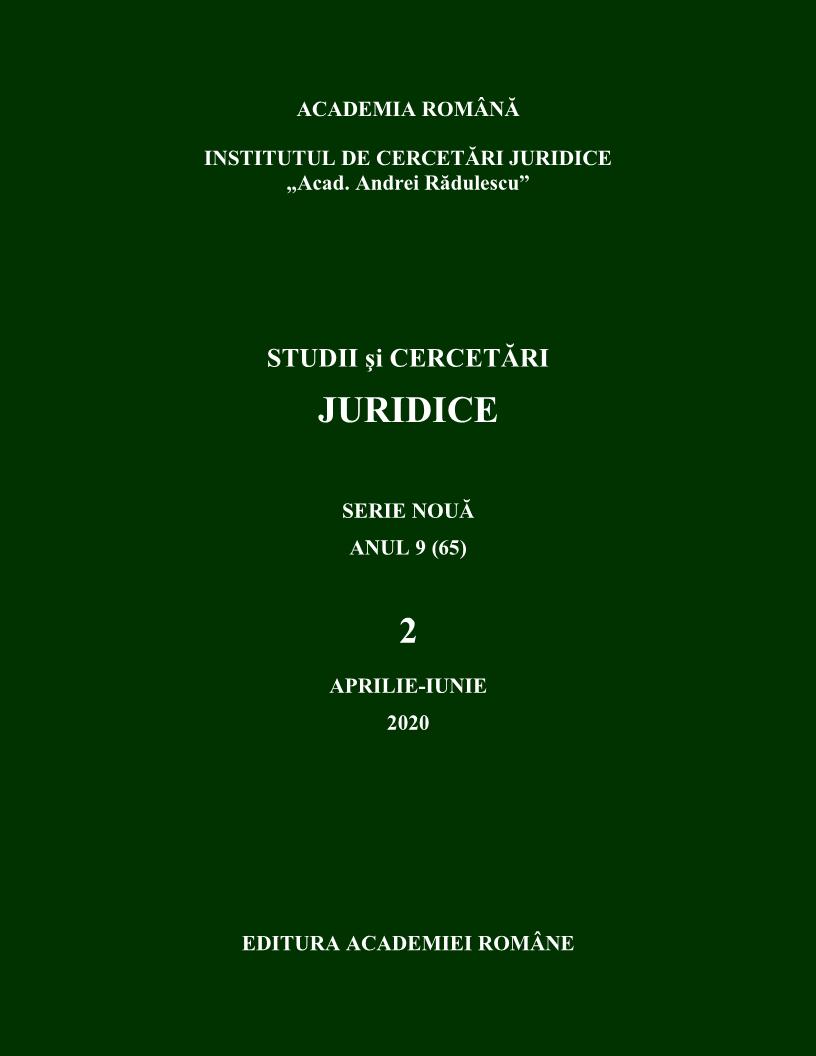Festina lente sau cum poate uzurpa legiuitorul delegat
și excepțional atribuțiile de esență ale unui parlament
Festina lente or how can the delegated and exceptional
legislator usurp the essential powers of a Parliament
Author(s): Dragos-Alin Calin, Irina AlexeSubject(s): Law, Constitution, Jurisprudence
Published by: Editura Academiei Române
Keywords: principle of separation of powers in the state government; principle of checks and balances; legislative delegation; Rule of law; principle of sincere cooperation; emergency ordinances;
Summary/Abstract: The Romanian Constitution, republished, contains rules which concern principle of separation of powers in the state government and principle of checks and balances, as well as rules that allow the Government, under certain conditions, to use the exceptional legislative delegation to adopt emergency ordinances, in extraordinary situations, whose regulation cannot be deferred, in areas reserved to the law, including in areas subject to organic laws. We analyze the issues regarding the way of legislating, by the Government, outlined as a rule in Romania in recent years, which has produced a shift of the constitutional role of the Parliament as unique legislative authority to the Government, which has in fact become a real legislator in almost all areas, as well as aspects concerning the subsequent role of the Parliament, which most often approves, with or without modifications or completions, and sometimes rejects, after considerable time intervals, the normative acts issued by the Government, in the absence of deadlines stipulated in the Romanian Constitution for the end of the parliamentary procedure. The analysis carried out briefly refers to the national constitutional framework regarding the legislative delegation in Romania, but especially the technical issues relevant to the new role assumed by the Government and the lack of any undoubted attitude of the Parliament for limiting the atypical situation in a democratic state, characterized by predictability and clarity of legislation. Also, the competences in this matter are analyzed, as well as the practice of the national institutions that can offer remedies when there are indications that the Government violates or exceeds the constitutional limits: the Constitutional Court, the Ombudsman, and the courts. In this context, the opinions of the European Commission for Democracy through Law (the Venice Commission) are also considered, and the conclusions show the importance of respecting the principle of sincere cooperation in full mutual respect between the state authorities/institutions, in order to ensure the balance between the powers in the state government.
Journal: Studii și Cercetări Juridice – Serie Nouă
- Issue Year: 2020
- Issue No: 2
- Page Range: 107-134
- Page Count: 28
- Language: Romanian

